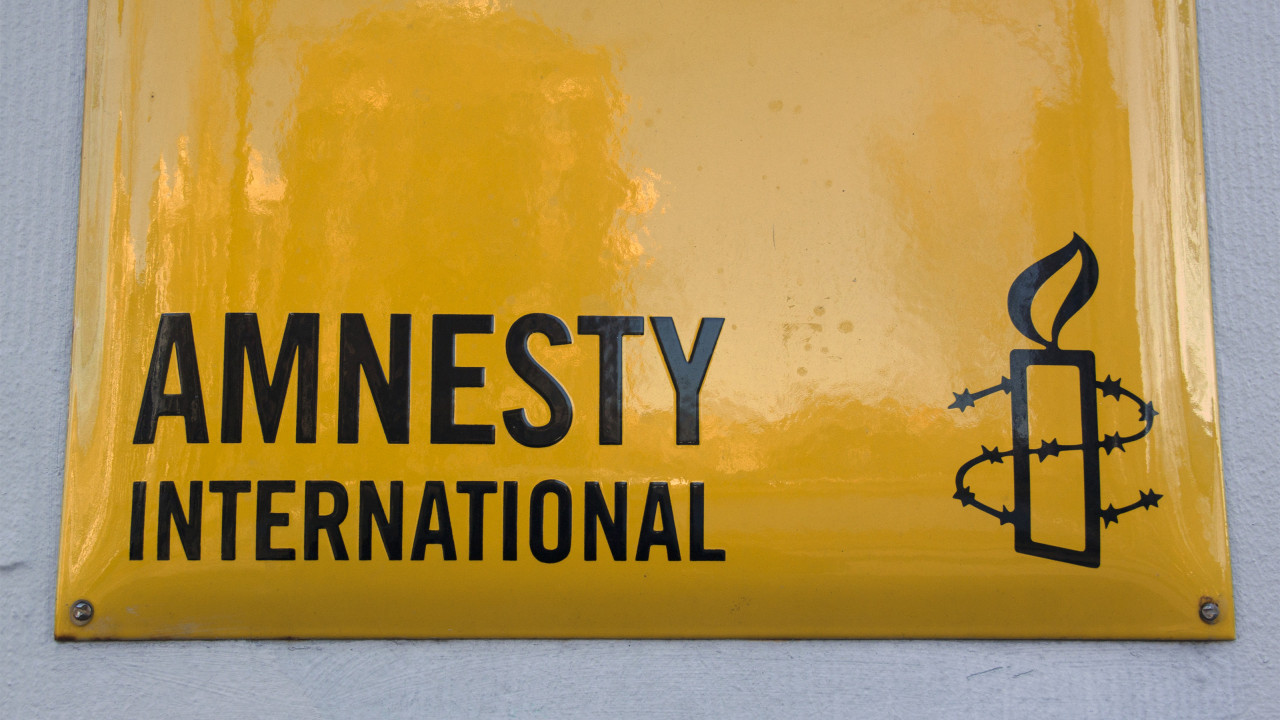
NThese responses, according to the non-governmental organization, are the “enactment of repressive laws, the establishment of onerous procedural obligations, the imposition of arbitrary or discriminatory restrictions, racist policing”, as well as the “use of unnecessary or excessive force against peaceful protesters”.
The association also listed “arbitrary interference, including arrests, lawsuits and imprisonment of protesters, as well as the increasing use of invasive surveillance technologies”, creating a so-called “chilling effect”.
Presented in the form of a report, Amnesty International’s investigation was carried out between December 2022 and September 2023, but examples were included after that period, namely after October 2023, after the start of the current conflict in the Gaza Strip and when “several European states” enacted “disproportionate restrictions” on demonstrations in favor of the Palestinian population.
According to the same source, there were cases of “preventive prohibition of demonstrations” and of certain “songs, flags, the keffiyeh and other symbols”, and there was also “use of unnecessary or excessive force, the dispersal and arbitrary detention of peaceful demonstrators”.
The document states that some groups face specific challenges, as their rights “are restricted by societies through different forms of intersectional racism, sexism, violence, marginalization, social norms and, sometimes, even legislation that aims to repress them and maintain a status quo dominated by patriarchy and heteronormativity”.
In the context of peaceful assembly, some countries have even changed their legal frameworks to reflect international human rights standards, such as Portugal, while other countries have moved to “create a significantly more restrictive environment regarding the exercise of the right to peaceful assembly”, including Germany, Belgium, Spain, France, Greece, Italy, Luxembourg (proposed) and the United Kingdom.
Amnesty International pointed out a “marked contrast with the treatment that some groups and individuals face in practice, including black people, Arab people or people belonging to other racialized groups (Germany, Austria, Belgium, Spain, France, Portugal and the United Kingdom).”
“Women (Greece, Poland, Turkey and the United Kingdom), LGBTI people (Hungary, Poland, Serbia and Turkey), children (France, Poland and the United Kingdom), people with disabilities (France and the United Kingdom), sex workers (France, Ireland and Italy), protesters for the rights of the Palestinian people (Germany, Austria, Slovenia, France, Greece, Italy, the United Kingdom and Switzerland), protesters for climate justice (Germany, Austria, Belgium, Slovenia, Spain, Finland, France, Italy, Portugal, Serbia, Sweden and Switzerland)”, the report reads.
The NGO indicated that only in Ireland is notification voluntary for all forms and noted the discrepancy not only in terms of notification, but also in deadlines in the various countries analyzed, criticizing the “punitive approaches” through possible “administrative or even criminal sanctions for failure to notify or request authorization”.
“The imposition of any sanction solely due to the failure to notify the authorities would constitute an unjustified interference with (and therefore a violation of) the right to peaceful assembly,” the document reads, which also noted that in some countries “organizers are burdened with additional responsibilities for the actions of others and the costs inherent in them.”
Limiting the number of days or hours to certain events was considered to be “disproportionate restrictions on public gatherings”, and it was also noted that the “presence of police officers is often unnecessary” and that in the countries examined “a very high number of examples of excessive and/or unnecessary use of force in the context of demonstrations” were reported.
Concerns were also expressed about the “surveillance, monitoring, collection, analysis and storage of data on protesters”.
Read Also: AI urges Sierra Leone to enforce law banning child marriages

Download our free App.
Eighth consecutive year Consumer Choice for Online Press and elected product of the year 2024.
* Study by Netsonda, Nov. and Dec. 2023 productoftheyear- pt.com
Source: https://www.noticiasaominuto.com/mundo/2594847/amnistia-internacial-acusa-21-paises-europeus-de-repressao-de-manifestacoes



